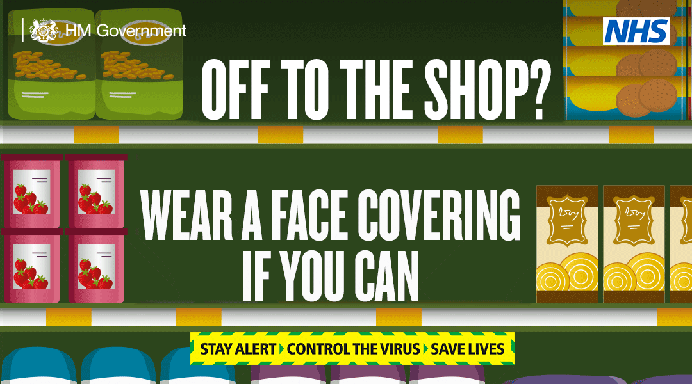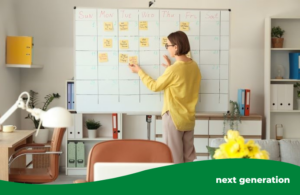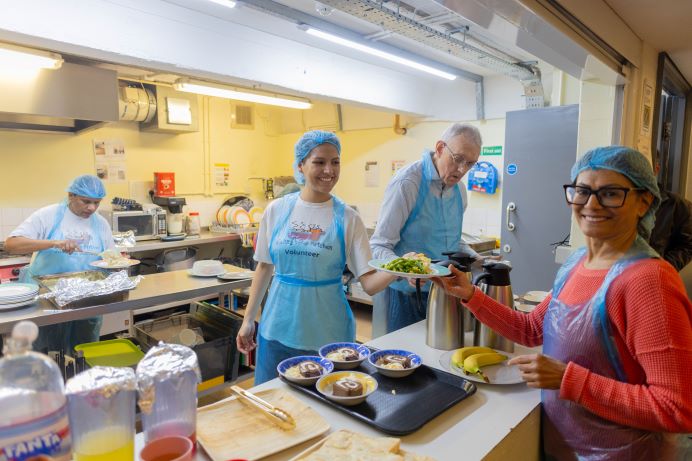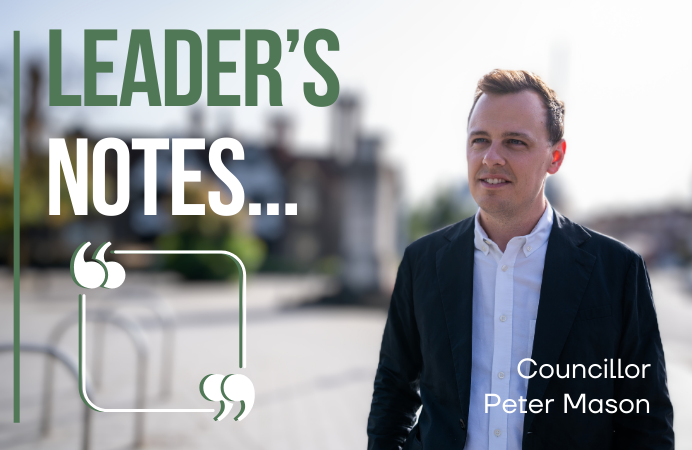As high streets and shops begin to reopen from Monday (15 June), residents are being reminded to continue to ‘stay alert to stay safe’ while shopping.
From Monday, some businesses in Ealing will be allowed to start reopening. These include clothing stores, charity shops and bank branches, which can reopen if government COVID-19 safety and security guidelines are met.
Work has been under way to help permitted business to prepare for reopening. This includes improvement to public footways to allow for social distancing, additional signage on the high streets and guidance on the conditions that businesses need to meet in order to safely reopen.
But it is not only retailers who have to follow the guidance. Residents are reminded that the government advice is to avoid unnecessary trips out. But if you do need to visit shops or other businesses then please shop locally, support your local businesses and walk or cycle wherever possible.
When it is necessary to visit the high street, people are asked to be kind to each other and obey and respect the rules to help everyone stay safe. It is essential that everybody continues to keep their distance and take extra care to ensure proper hygiene and cleanliness to contain the spread of coronavirus.
Safe shopping
Keep your distance: Please keep your distance from other individuals with the exception of those that share your same household.
Do not forget, you are at higher risk of being directly exposed to respiratory droplets (released by talking or coughing) when you are within two metres of someone and have face-to-face contact with them. You can lower the risk of infection if you stay side-to-side rather than facing someone.
Queuing systems: Stores and shops will continue to implement a queuing system of individuals 2m apart (about the distance of two shopping trolleys). Please respect this and any additional policies that stores may choose to implement, such as one-way systems and separate entrances and exits.
Only touch if you are buying: When in stores, avoid touching and picking up items unless you intend to purchase them. Some stores such as clothing outlets may no longer allow customers to try on items in stores. If in doubt, customers should also check the individual store’s policies and requirements with a member of staff.
Use cards over cash: If you are able to, it is a good idea to use a debit, credit card or a smart phone to pay when you are shopping – rather than cash, which is likely to be more contaminated. Please be aware, some smaller and specialist retailers may only be taking card payments during this time.
Wash your hands for 20 seconds: Wash your hands often using soap and water for at least 20 seconds and dry them thoroughly. Where available, use sanitiser outside your home, especially as you enter a building and after you have had contact with surfaces. Please use the sanitary stations to wipe down shopping basket handles as well, when these are provided at store entrances. It is advisable to avoid touching your face.
Bin it, don’t drop it: Ensure that you always use a clean handkerchief or tissue to cough or sneeze into. Please ensure that items such as tissues, disposable gloves and face coverings are disposed of responsibly either in a waste bin or by taking items home and putting them into your general household waste bin. Please note contaminated items cannot be recycled.
Face up to it: From 15 June, it will be compulsory to wear face coverings on public transport, including buses, trains, the underground, aircraft and ferries. People are also advised to wear them in enclosed public spaces where social distancing is not possible and where you will come into contact with people you do not normally meet.
These can be simple face coverings such as scarfs, bandanas, or made from items such as clean handkerchiefs or socks. The council would urge the general public not to buy specialist PPE masks because these are still in short supply and should be reserved for key frontline workers.
Shielding: Vulnerable people and those in high-risk categories should take extra care and continue to stay at home. Anyone who may be displaying COVID-19 symptoms, must stay at home for seven days if they live alone or 14 days if they live with one other individual or more.
Meeting others: People may now meet up to five other people from outside your household in a pubic open place such as a park, but you must remain two metres away from each other.
‘Don’t make any unnecessary trips’
Councillor Jasbir Anand, the council’s cabinet member for business, said: “We know that it may be more tempting to visit the high street, once more shops start to reopen, but our advice remains the same: Please stay at home and don’t make any unnecessary trips – you could still be putting your own and other people’s health at risk.
“However, if you do need to make a trip bear in mind it will be more important than ever to stick to the good habits we have acquired over the last few months. Why? Because, simply there is likely to be more activity, more people and more transportation coming into and leaving your local area giving an increased opportunity for the virus to spread.
“Of course, we want our high streets to thrive again, but it is more important for us for our residents to thrive by staying healthy, safe and indoors.”
More information
You can click here to find out more about which type of stores will open and when.
For more information about high street openings and what the council is doing to make high streets safer you can click here.





